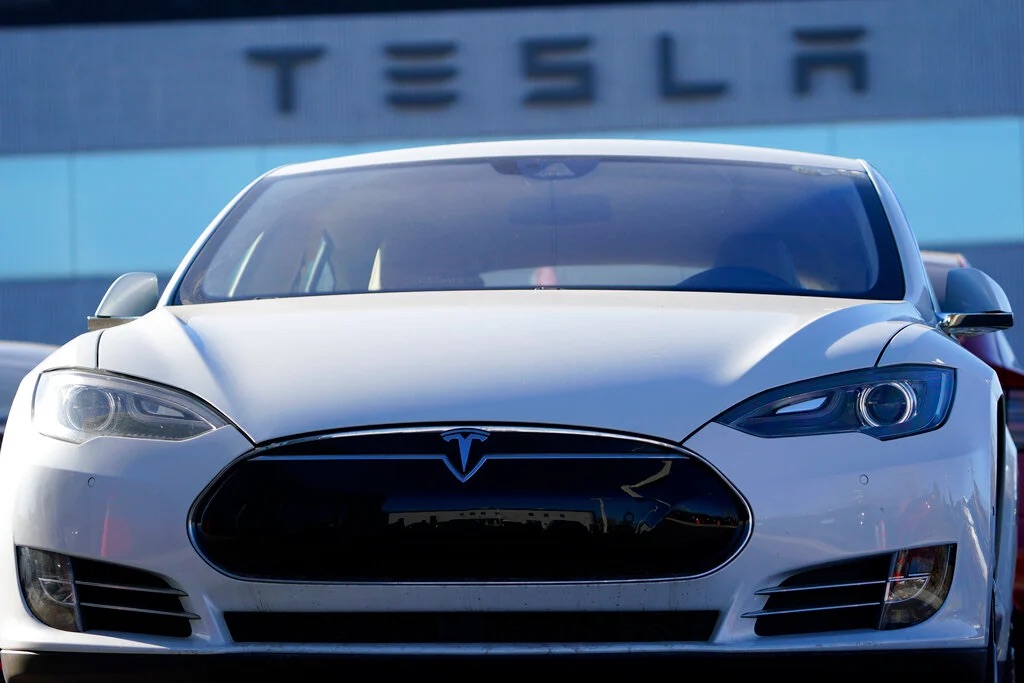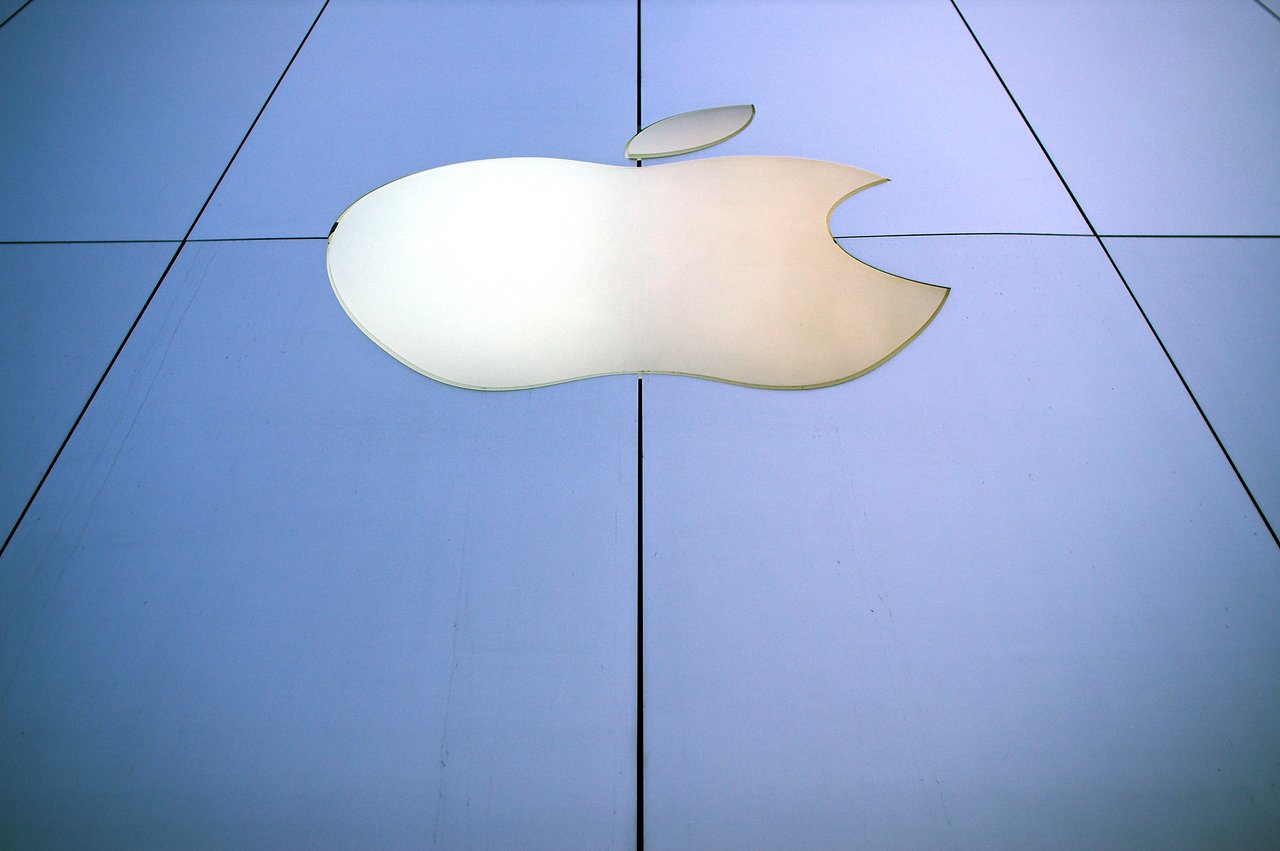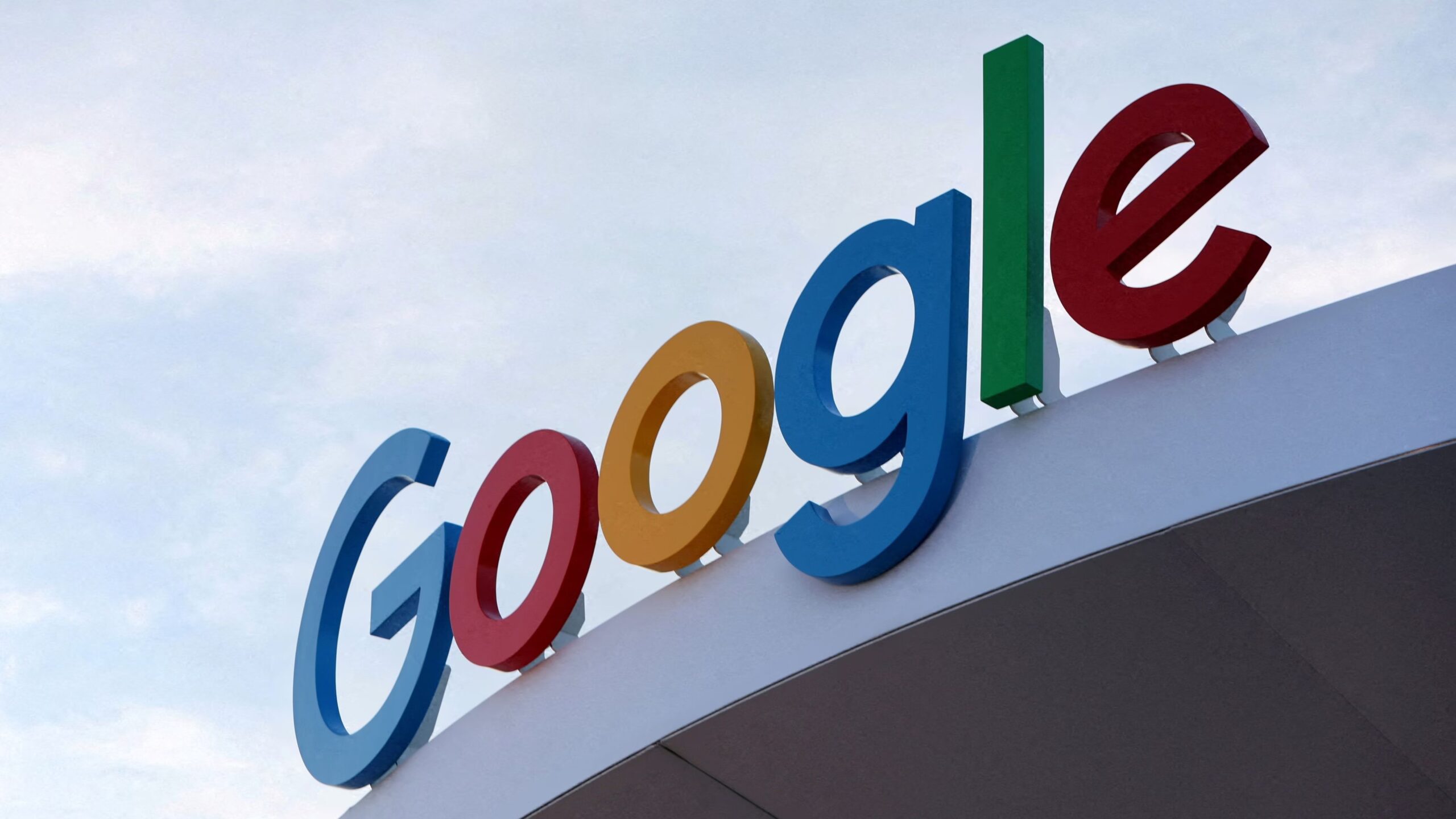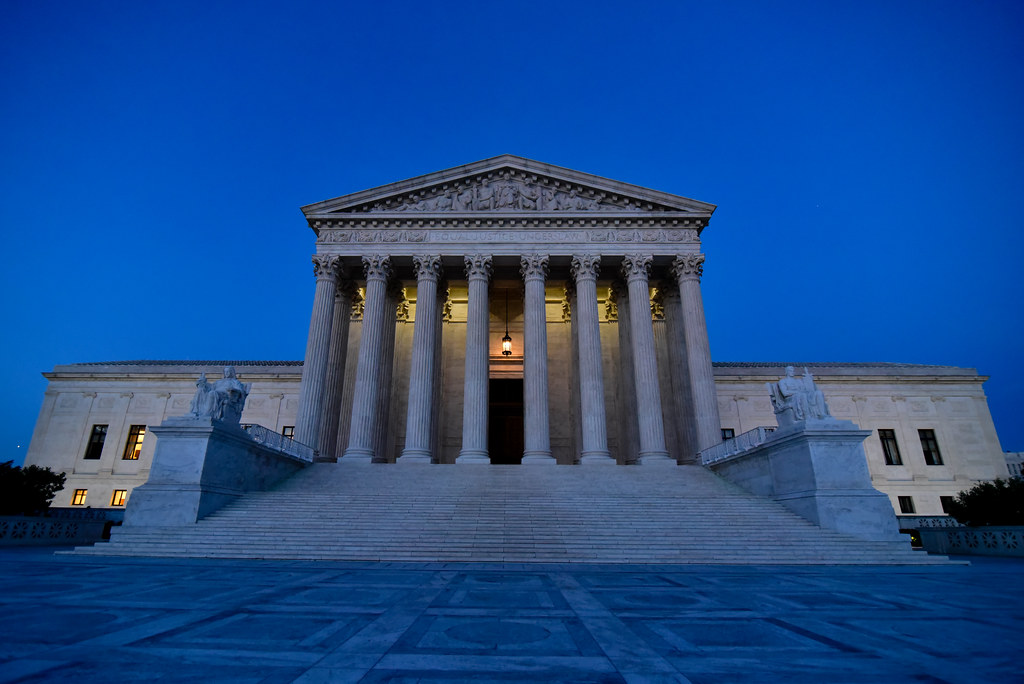The United States Supreme Court is poised to announce a critical decision on Friday that could determine the future of TikTok in the country. The app, immensely popular among Americans, faces a potential ban due to concerns over national security and data privacy. The decision arrives amidst rising tensions between the U.S. and China, with the app owned by Chinese company ByteDance at the center of the storm.
National Security Concerns vs. Freedom of Expression
The controversy stems from allegations that the Chinese government may exert influence over TikTok, potentially accessing the vast amounts of data collected from its American users. Elizabeth Prelogar, an influential voice in the debate, has highlighted these concerns.
“The Chinese government’s control of TikTok poses a grave threat to national security,” – Elizabeth Prelogar
These security concerns have led to calls for action, with some arguing that banning TikTok is necessary to protect American interests. The app’s defenders, however, argue that such a move would have significant repercussions. Among them is Noel Francisco, who pointed out the implications of a ban.
“One of America’s most popular speech platforms will shut down in nine days,” – Noel Francisco
TikTok, which boasts millions of active users in the U.S., has become more than just an entertainment app; it is a platform for expression and communication. A decision to ban it could affect not only its users but also content creators and businesses that rely on its widespread reach.
As the nation awaits the Supreme Court’s verdict, opinions remain divided. Proponents of the ban emphasize the importance of safeguarding national security, while opponents warn against infringing on free speech and digital innovation. The imminent decision underscores the complexities of balancing security with freedom in a digital age.
What The Author Thinks
The upcoming Supreme Court decision on TikTok represents a pivotal moment for digital rights in the United States. While national security concerns are legitimate, the potential ban raises significant issues about free expression and the role of technology in public discourse. This case could set a precedent that affects not only TikTok but also the broader landscape of digital communication, highlighting the need for nuanced policies that safeguard both security and freedom.











